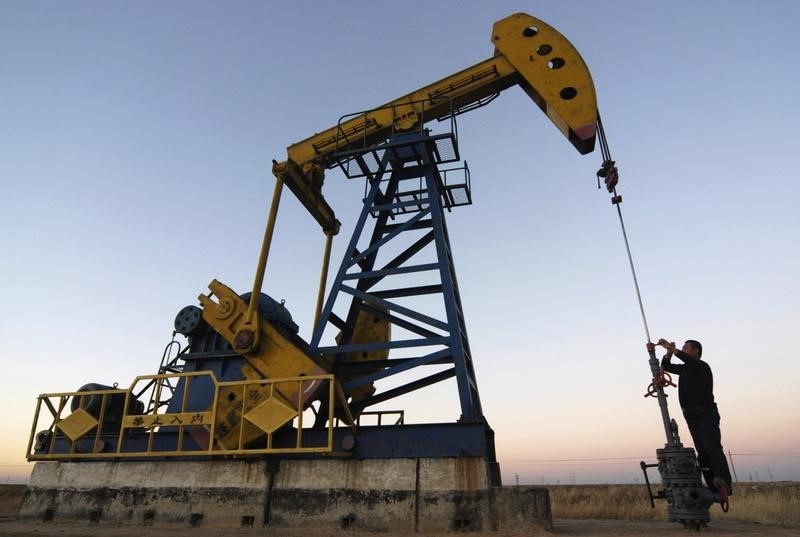LONDON, Aug 28 (Reuters) - Price offerings for Angolan crude
were pared back slightly as refiners appear well stocked with
heavy sweet crude but remained relatively high on expectations
of brisk Asian demand.
ANGOLA
* State oil company Sonangol continued to offer a cargo of
October-loading Dalia crude at a premium of $3 compared to dated
Brent but reduced its offer for Girassol from $3.20 to $3.00.
* A steep increase in asking prices anticipated ramped up
interest ahead of global low sulphur fuel rules effective Jan. 1
for which many Angolan grades are well suited.
* But comparable heavy sweet oil grades in Australia began a
price slide from all-time highs late last week.
* Traders say refineries in Asia appear to be confident that
their current stocks can meet shippers' needs for IMO-compliant
fuels for the near term.
NIGERIA
* At least 15 Nigerian cargoes remained for export in
September.
* The number of cargoes bound to the United States in August
were scheduled to be the lowest since January, as the summer
driving season has come to an end and East coast demand remains
lacklustre.
* U.S. gasoline stocks fell by 2.1 million barrels, paving
the way for a possible uptick in imports. * European gasoline refining margins rose 4.5% to almost $10
a barrel on Wednesday on the EIA data.
TENDERS
* Indonesia's Pertamina issued a buy tender for crude for
November delivery of West African crude cargoes. The tender
closes on Aug. 30 and remains valid until Sept. 3.
RELATED NEWS
* The former chief executive officer of Philadelphia Energy
Solutions and RNG Energy Solutions are jointly pursuing the
purchase of the 335,000 barrel-per-day PES refinery, which was
shut after a June fire, the group said. * Noble Energy (NYSE:NBL) NBL.N has made a new discovery in Block 1
offshore Equatorial Guinea, with the U.S. company expecting to
produce new oil by tapping into existing infrastructure by
October, the oil minister said. * Asia's hydrogen gas demand will rise as the region's oil
refineries use the gas to produce low-sulphur fuel to meet new
environmental regulations, the head of the world's largest
industrial gas producer said.
